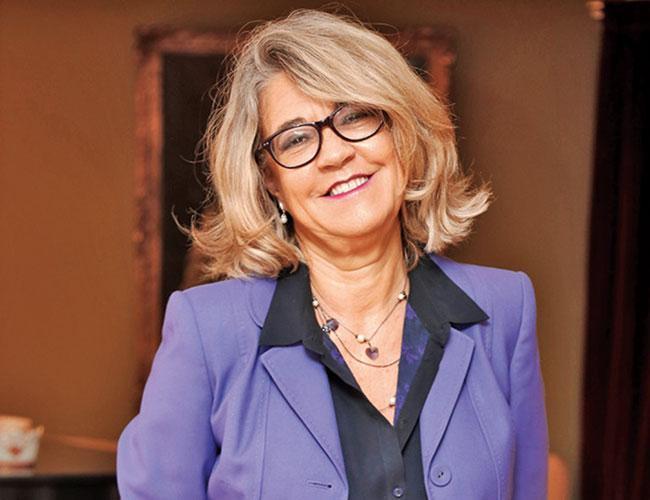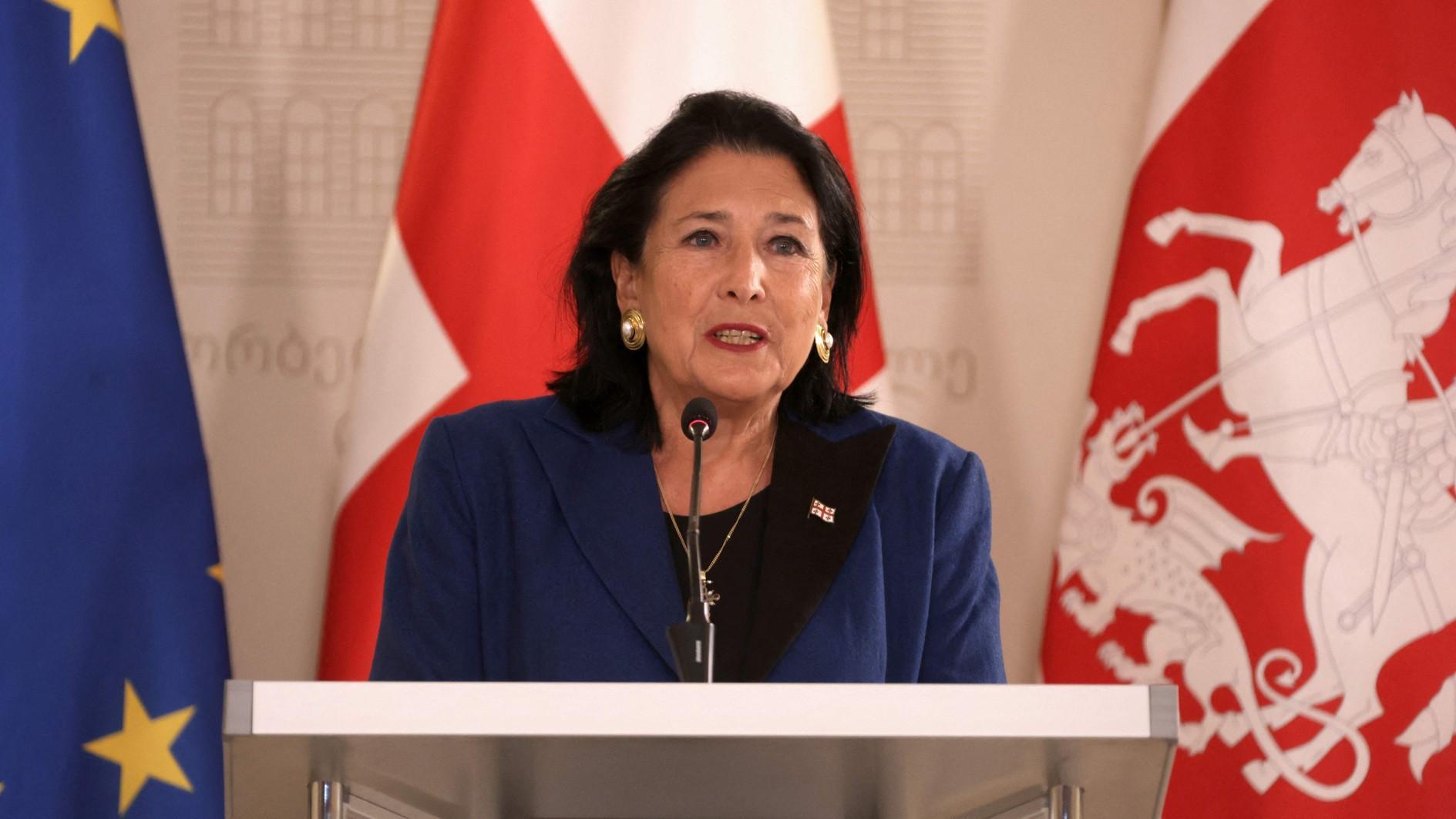2,000 Turkish Jews applied for Portuguese citizenship: Envoy
Sevil Erkuş - ANKARA

Some 2,000 Turkish Jews have applied for Portuguese citizenship after Portugal’s government decided to grant nationality through naturalization to the descendants of Sephardic Jews who were expelled from Portugal and Spain in the 15th century, Portuguese Ambassador to Ankara Paula Leal da Silva has said.
The ambassador said she believes some 17,000 Sephardic Jews currently live in Turkey. Some of the applicants among the 2,000 have received the citizenship since the law was adopted two years ago, while some others’ acceptance process is still ongoing, da Silva told the Hürriyet Daily News in an interview.
“The story is very simple, but at the same time very sad. Jews are people that have always been persecuted. Portugal, unfortunately, followed that route. We expelled the Jews and we told them that if they wanted to stay in Portugal, they should be converted to Christianity. It’s a dark page in our history,” the ambassador said.
“So now, what the government decided to do was to tell those people, the great-grandchildren of those people, ‘Listen, we expelled you from here, but you are welcome to come back. You are welcome to have the Portuguese nationality. This is the story. Spain did the same,” da Silva stated.
Knowing the Portuguese language is not a precondition to acquire the nationality, she noted.
“Because we don’t find it fair. If we expelled them five centuries ago, how can these people speak Portuguese? We only say, ‘if you want this nationally, which is yours because you were here centuries ago, you just have to present some documents and it will be issued,’” she added.
The Portuguese envoy recalled a conversation she had with a Turkish friend when she arrived in Turkey. “Açorda is a special Portuguese dish which is made of garlic, olive oil and bread. Then you can add shrimps. She learned it from her grandmother, and the dish has been cooked here in Turkey for centuries. It’s really amazing.”The ambassador said she “admires” her country for making this decision. “Because we should correct the errors we have committed in the past. This is a lesson for us. I am not saying that they want to go back and live in Portugal. But, of course, there are some advantages because they can travel around Europe whenever they want without a visa. But, of course, I like to think that there are sentimental reasons.”
Speaking about a recent Turkish private jet crash that killed all 11 people on board in Iran, da Silva said one of the victims was the daughter of a Turkish family that had obtained Portuguese citizenship.
Jasmin Baruh Siloni was one of the 11 women killed when the private jet came down on March 11 in the Zagros Mountains in Iran. The women were returning home from a hen party from Sharjah, United Arab Emirates.
“For instance, there was this tragic airplane crash in Iran. I was not here at the time. But I had talked to the father of one of the girls [Baruh Siloni]. You cannot imagine how touched he was over my phone call. He was, of course, crying because he was mourning the loss of his daughter. He was very sweet to say, ‘You cannot imagine how you helped alleviate my pain by calling me, because you are the ambassador of Portugal. It means so much to me.’ They are Portuguese citizens. It means there are sentimental reasons also for them in wanting to become Portuguese. There is a connection with that place. You might even hate the place. But you know that your family belongs somewhere else,” she said.
















